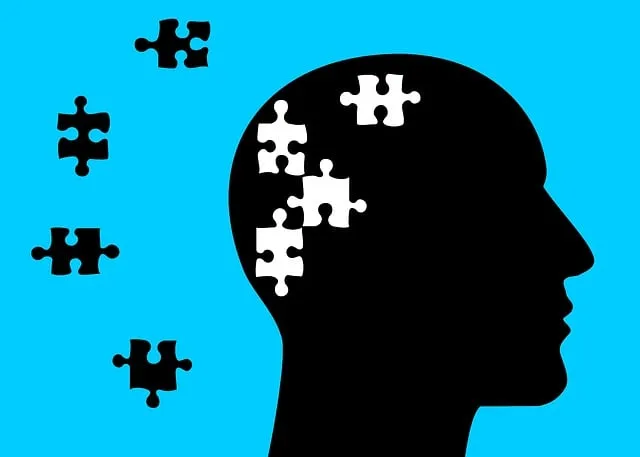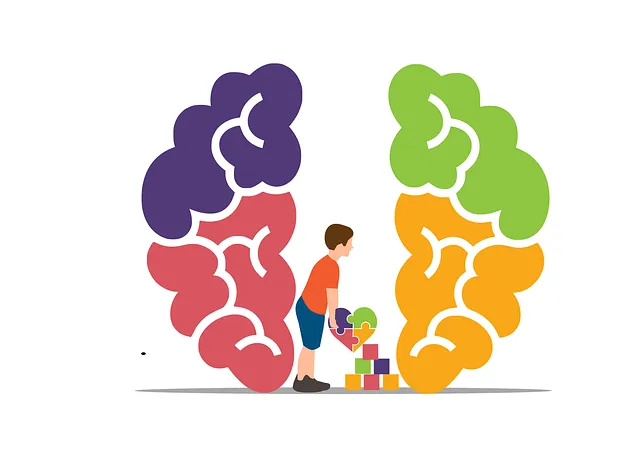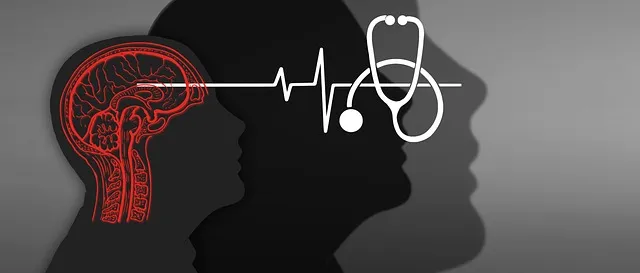The Northglenn Kaiser Permanente Mental Health Access Center utilizes innovative tools like RFM (Resilience, Flexibility, and Mindfulness) analysis to enhance patient engagement. By categorizing patients based on visit frequency, time since last visit, and financial involvement, the center offers personalized interventions. This data-driven approach improves loyalty, mental wellness, and satisfaction through programs like Mental Wellness Coaching. Resilience-building exercises, integrated into healthcare provider training, cultivate emotional well-being and self-awareness, leading to effective stress management. The center's holistic strategies empower patients to thrive, positively impacting both individual mental health and the community at large.
Resilience is a powerful tool for enhancing mental well-being, especially in community healthcare settings. This article explores the implementation of RFM (Resilience, Flexibility, and Mastery) at the Northglenn Kaiser Permanente Mental Health Access Center, highlighting its impact on patients’ lives. We delve into the science behind resilience-building exercises and provide practical strategies for successful integration within healthcare. Through case studies and insights from the Access Center, we demonstrate the tangible benefits and offer guidance on overcoming challenges in RFM program implementation.
- Understanding RFM and Its Role at Northglenn Kaiser Permanente Mental Health Access Center
- The Impact of Resilience-Building Exercises on Patient Mental Well-being
- Implementing RFM: Strategies for Success within a Community Healthcare Setting
- Case Studies: Real-Life Examples of RFM in Action at the Access Center
- Overcoming Challenges and Measuring the Effectiveness of RFM Programs
Understanding RFM and Its Role at Northglenn Kaiser Permanente Mental Health Access Center

At Northglenn Kaiser Permanente Mental Health Access Center, Recognition Frequency and Money (RFM) analysis plays a pivotal role in understanding patient engagement and retention. By segmenting patients based on their interaction history—how often they visit, how long it’s been since their last visit, and the monetary value of their involvement—the center can tailor tailored interventions to enhance patient loyalty and mental wellness. This data-driven approach allows for targeted initiatives that not only encourage repeat visits but also foster emotional intelligence and provide anxiety relief through various Mental Wellness Coaching Programs Development.
The implementation of RFM at Northglenn Kaiser Permanente underscores the center’s commitment to improving mental health services, ensuring personalized care, and ultimately enhancing overall patient satisfaction and resilience. By leveraging RFM insights, mental health professionals can proactively address patient needs, create supportive environments that nurture mental wellness, and offer evidence-based interventions such as emotional intelligence training to help individuals manage stress and anxiety effectively.
The Impact of Resilience-Building Exercises on Patient Mental Well-being

Resilience-building exercises have a profound impact on enhancing patient mental well-being at Northglenn Kaiser Permanente Mental Health Access Center. These techniques, often integrated into healthcare provider cultural competency training, equip individuals with coping mechanisms to navigate life’s challenges. By incorporating compassion cultivation practices and emotional well-being promotion techniques, the center fosters an environment that nurtures resilience.
Through these exercises, patients develop a deeper sense of self-awareness and emotional regulation, enabling them to better manage stress and adversity. Such interventions not only improve individual mental health but also create a ripple effect within the community, promoting overall well-being. This holistic approach ensures that patients at Northglenn Kaiser Permanente Mental Health Access Center receive comprehensive care tailored to their unique needs.
Implementing RFM: Strategies for Success within a Community Healthcare Setting

Implementing RFM—Resilience, Flexibility, and Mental Health—within a community healthcare setting like the Northglenn Kaiser Permanente mental health access center is a strategic move to enhance patient care and well-being. This approach recognizes that fostering resilience isn’t just about coping; it’s about equipping individuals with tools to navigate life’s challenges effectively. By integrating RFM into service delivery, the center aims to promote emotional regulation, enabling patients to manage stress and anxiety in meaningful ways.
One effective strategy involves incorporating self-awareness exercises tailored to individual needs. These practices encourage introspection and help patients identify triggers and patterns that impact their mental health. Additionally, teaching conflict resolution techniques can significantly improve relationships within the healthcare environment and at home, fostering a sense of safety and support. By empowering individuals with these skills, the Northglenn Kaiser Permanente mental health access center paves the way for long-term resilience, ensuring patients are equipped to thrive despite life’s complexities.
Case Studies: Real-Life Examples of RFM in Action at the Access Center

The Northglenn Kaiser Permanente mental health access center has been a shining example of how Resilience-Focused Mindfulness (RFM) can be implemented successfully in a real-world setting. Through a series of innovative programs, the center has integrated Empathy Building Strategies and Mind Over Matter Principles to create a supportive environment for patients. These strategies not only enhance individual resilience but also foster a sense of community within the access center.
One notable initiative focuses on Cultural Sensitivity in Mental Healthcare Practice. By incorporating diverse perspectives into their RFM programs, the Northglenn Kaiser Permanente center has ensured that their approaches are inclusive and effective for all individuals seeking mental health services. These case studies demonstrate the power of tailored resilience-building exercises in improving patient outcomes and creating a more accessible and supportive healthcare landscape.
Overcoming Challenges and Measuring the Effectiveness of RFM Programs

Implementing resilience-focused programs like RFM (Resilience, Flexibility, and Mindfulness) at Northglenn Kaiser Permanente Mental Health Access Center involves overcoming various challenges. One significant hurdle is ensuring accessibility for all patients, considering diverse backgrounds and mental health needs. This includes addressing cultural barriers and providing tailored support to underrepresented groups, as demonstrated through successful Cultural Competency Training initiatives.
Measuring the effectiveness of RFM programs is crucial for gauging their impact on patient outcomes and overall mental well-being. By incorporating both qualitative and quantitative methods, such as patient feedback surveys and clinical assessments, the Northglenn Kaiser Permanente center can track improvements in anxiety relief and self-care practices. Regular evaluation allows healthcare providers to refine their approach, ensuring that RFM exercises remain relevant and beneficial for the diverse population they serve.
The implementation of RFM exercises at the Northglenn Kaiser Permanente Mental Health Access Center has demonstrated significant benefits for patient mental well-being. By integrating these strategies within a community healthcare setting, the center has fostered resilience and enhanced coping mechanisms among its patients. Real-life case studies highlight successful outcomes, showcasing how RFM can be a powerful tool in improving access to mental health services. Overcoming challenges through continuous evaluation ensures that these programs remain effective and tailored to the unique needs of the Northglenn community.


